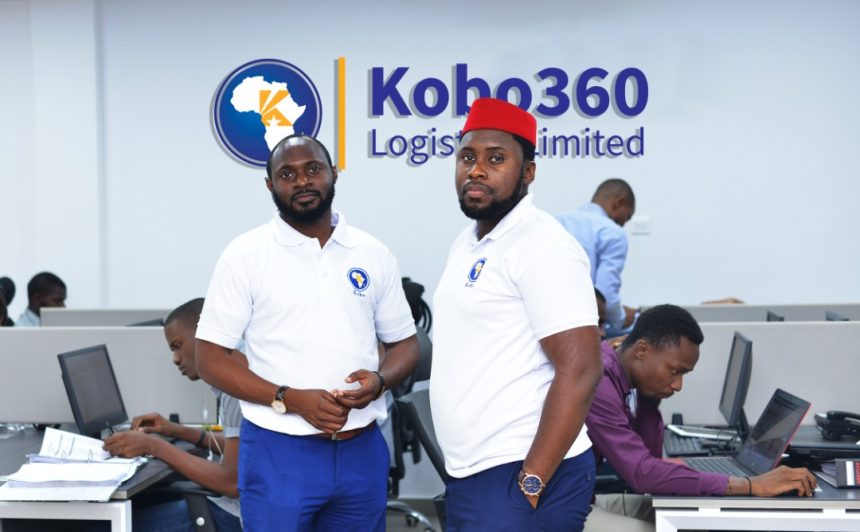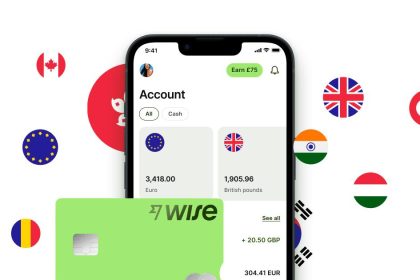Kobo360, the technology logistics platform, today announced that it will expand operations into Accra, Ghana and Nairobi, Kenya. The announcement follows recent news that the company launched in Lome, Togo – home to West Africa’s largest shipping port, and sees a period of rapid expansion for the African start-up.
Backed by international and African investors, including International Finance Corporation [IFC], Y Combinator and TLcom, the move comes as Kobo360 seeks to build a global logistic operating system [G-LOS] that will power trade and commerce across Africa and Emerging Markets. Positioned as key trading and transport hubs on the African continent, the new territories have seen almost exclusively double-digit growth Togo [12%], Kenya [10%] and Ghana [7.9%], and Kobo is now strategically positioned to grow with them.
The company is currently rolling out a beta operation in Ghana, recording over 100 trips and collaborating with clients such Olam Ghana, and expects to test the Kenyan market further, in the coming weeks, where the team will meet with drivers and equip them with the tools they need to run trips effectively, while also imbing our culture and brand affinity with the supply chain. In Nigeria, Kobo360 has stood at the forefront of logistics, covering over 80% of the country and recording a 40% cost reduction in the supply chain. The company now plans to aggressively extend to other key markets and expects to be in nine African countries before the end of 2019.
Speaking from the Africa CEO Forum in Kigali, Co-founder and CTO of Kobo360, Ife Oyedele, said: “We estimate that Africa needs 10X the number of trucks to meet short-term commercial transport
“Kenya is the hub of East Africa, it is the most innovative market in Technology and if we win here, we have won across the region. From here we will expand to Uganda and Tanzania. By adding Ghana to our West African territories of Togo and Nigeria, we will link all the market to a Global Logistics System and this will help us to serve our customers across a seamlessly lined Pan-African market. By this we create value to our customers as we are in all the key countries in the continent”.
“Location is a critical factor in global logistics, and each African country we’ve chosen to expand into has its own value proposition. These markets are among the fastest growing economies and we want to grow with them by supporting the thousands of freight companies who require a safe, reliable and cost effective delivery of their goods to cargo recipients across the continent.”
To-date, the company has partnered with global logistics brands including Dangote Group, DHL, Unilever and Lafarge and has moved over 297M KG of goods, serviced over 1,450 businesses and aggregated a fleet of over 10,000 drivers and trucks. Launched in 2016, with a vision to revolutionize the logistics value chain in Africa, currently estimated at $150Bn, Kobo360 has also been nominated as ‘Disrupter of the Year‘ finalists at the Africa CEO Forum Awards – a recognition given to the CEO of a young African company within the budding tech sector on the continent.
Kobo360 efficiently connects end-to-end haulage operations to help cargo owners, truck owners and drivers, and cargo recipients to achieve an efficient supply chain framework. Through an all-in-one robust logistics ecosystem -reducing logistics frictions in supply chain via a combination of Internet of things (IOT), mobile technology and data analytics. In less than six hours, Kobo360 matches a user’s request with a selection of quality trucks of all categories, anytime with service delivery guaranteed – no telephones, opaque pricing or expensive middlemen needed. Led by Kagure Wanmuyu, COO East Africa and Bilal Abdullah, COO West Africa, the team is also recruiting for top talent to join its new teams on the ground.
Kobo360’s officially launched in Togo in March, where the company announced its affiliation with the Ministry and Office of Postal Affairs and Digital Economy, as well as the Mediterranean Shipping Company. Kobo360 will officially launch in Ghana on 4 April, and in Kenya by May 2019.










